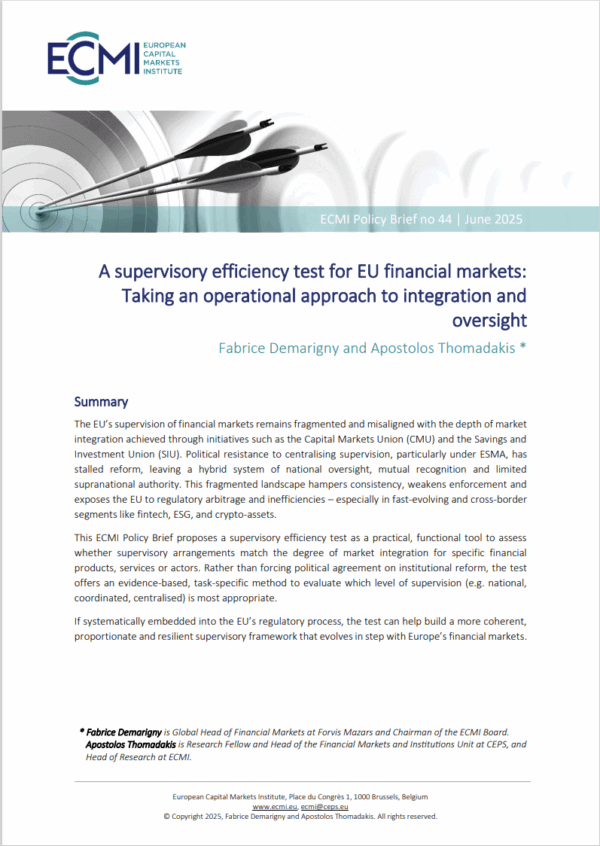Enforcement measures are an important tool to combat late payments. By imposing financial or reputational penalties for non-compliance with agreed-upon payment terms, they help deter bad payment behaviour and promote a culture of financial responsibility and fairness. Additionally, they serve to compensate creditors for damage caused by late payments.
The Late Payments Directive allows creditors to claim interest and recovery costs when facing delayed payments. However, most of them do not exercise those rights out of fear of harming the relationship with their clients. This is particularly true of cases in which there is an unbalanced power relationship, with an SME providing a product or service to a larger company which is one of its principal clients. The process is also cumbersome in terms of time and resources, often involving a court case. As a result, most late payments in the EU go unpunished and companies delay their payments without fearing any consequences.
This thematic report compares the ways in which Member States have implemented and enforced the Late Payment Directive. In addition, it showcases enforcement regimes in Member States that go beyond what is prescribed in the Late Payment Directive and can potentially serve as best practices.

Disclaimer: This is a report written in the context of a European Commission project to set up a European Payment Observatory. The report was originally published here. The authors are listed in alphabetical order.







